Leprosy is curable with Multi-Drug Therapy (MDT) - a combination of three antibiotics that has been used to treat leprosy for decades. MDT is highly effective in killing M. leprae and people are no longer infectious a few days after starting treatment. MDT is the only effective treatment for leprosy, and you should not consider herbal remedies or any other forms of treatment.
Multi-Drug Therapy (MDT) is prescribed and given to people diagnosed with leprosy completely free — at no cost to them.
It’s taken daily by the patient for one year (but can be taken longer in severe cases). In most cases, patients are no longer infectious within 24-48 hours of beginning treatment.
In the absence of a vaccine, Multi-Drug Therapy is the single most powerful weapon we have against leprosy. There’s great urgency in curing people affected by leprosy with Multi-Drug Therapy. It can restore sensation to damaged skin if taken in time.
Every delay to the cure risks permanent impairment.
SELF-CARE TRAINING
Once someone develops a chronic condition (such as a loss of sensation) because of leprosy, they need to take regular care in all activities of daily living and work. Within a Self-Care Group, participants are taught a daily routine of inspecting their bodies for signs of injury or infection, treatments for different injuries, physiotherapy exercises to prevent joint stiffness, and instructions in soaking and oiling their skin to prevent dryness. Sometimes people affected by leprosy will care for their affected eyes with eye-drops and sunglasses.
PHYSIOTHERAPY & SURGERY
Physiotherapy can help prevent permanent disability and restore some function to people affected by leprosy. Others may require reconstructive surgery to correct deformities in the hands and feet, reconstruct noses and other damaged features and preserve eyesight for those who can no longer open and close their eyes. Surgery not only returns functionality to hands, feet, and eyes, but it can help restore a person’s appearance and their psychological and social health. After surgery, patients must also relearn how to use their muscles and build up their strength or be taught how to manage assistive devices. Routine of inspecting their bodies for signs of injury or infection, treatments for different injuries, physiotherapy exercises to prevent joint stiffness, and instructions in soaking and oiling their skin to prevent dryness. Sometimes people affected by leprosy will care for their affected eyes with eye-drops and sunglasses.
YOU CAN PROVIDE LEPROSY TREATMENT!
Your support is essential in providing people affected by leprosy the cure and care they need to be restored to health.
Your support can:
- Provide Multi-Drug Therapy to cure leprosy
- Support Self-Care Training and Physiotherapy for people affected by leprosy
- Fight against the stigma of leprosy
- Support advocacy activities that tackles leprosy discrimination
- Provide prostheses and medical devices to assist with mobility
OR SIMPLY PROVIDE A PAIR OF PROTECTIVE SHOES TODAY!
Our feet are so important. We don’t realise how much we rely on our feet in daily life.
It’s important for many people affected by leprosy to wear special assistive shoes that protect their nerve-damaged feet and toes. Their feet may be numb, so they can't feel injury. Feet with nerve damage from leprosy can become cut or ulcerated, and then infected. This can lead to lost toes, bone infection and in severe cases, require amputation. For people who have advance leprosy, custom made shoes give their feet stability and protects them from further damage.
Protective footwear ensures a person can go to work, do chores, attend school safely, catch up with their friends and family in the community - essentially maintain their normal lifestyle. These special assistive shoes are designed to look like normal shoes, so that people with disabilities caused by leprosy can wear these out and about in their community without anyone noticing there is anything wrong with their feet.
A $20 tax-deductible donation can provide a pair of Protective Shoes to a person affected by leprosy and disability.
Your generous support enables our partners in Nepal, India, Nigeria and Timor-Leste to provide protective shoes and prosthetics to people affected by leprosy.





